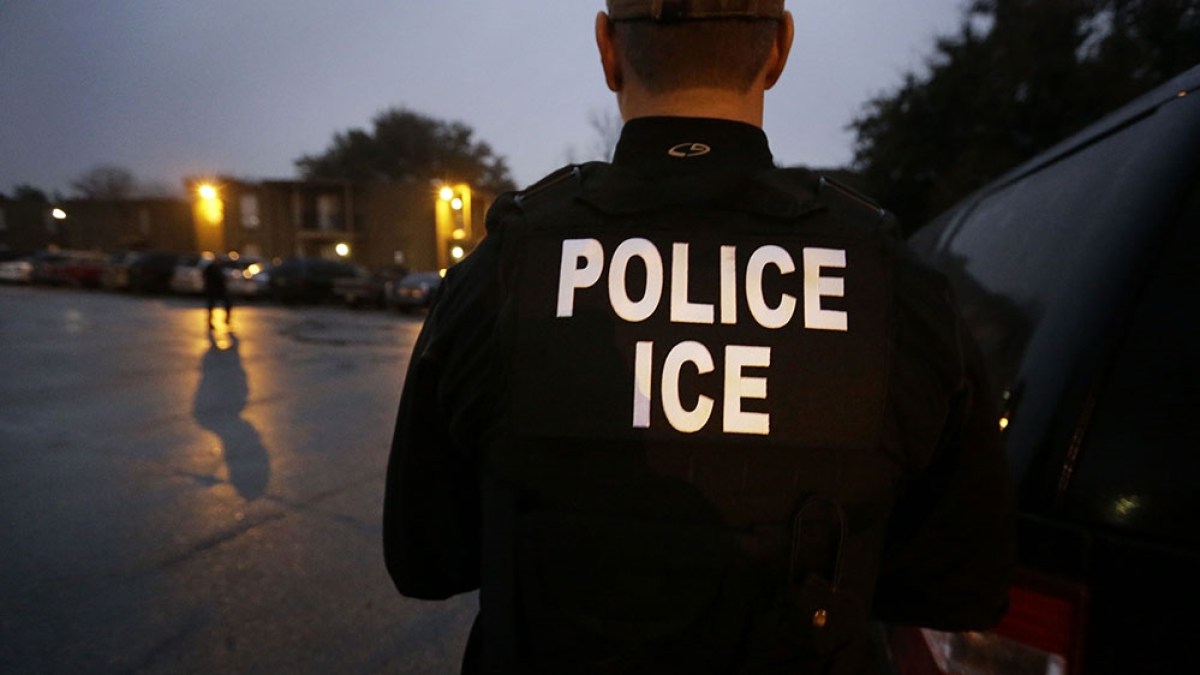Ethiopia slams new probe proposal at UN rights body session | United Nations News
Ambassador Zembe Kebede accuses UN Human Rights Council of having been ‘hijacked’ and used as ‘instrument of political pressure’.
The United Nations says it is continuing to receive “credible reports” that all sides in Ethiopia’s brutal 13-month conflict have been committing severe human rights violations amid a deepening humanitarian crisis.
Speaking during a UN Human Rights Council session on Friday, Nada Al-Nashif, the deputy rights chief, said the risk in Ethiopia “of increasing hatred, violence and discrimination is very high”, which could lead to “generalised violence, (with) major implications, not only for millions of people in Ethiopia, but also across the region”.
The European Union, which requested the largely virtual one-day session, is pushing alongside other members to launch an international investigation into abuses committed in the country since fighting between federal government forces and fighters from the northern region of Tigray erupted in November 2020.
The EU is expected to present a draft resolution calling on the council to create “an international commission of human rights experts on Ethiopia” to investigate a wide range of alleged violations and abuses by all sides in the conflict.
The team of three experts should seek to “establish the facts and circumstances surrounding the alleged violations and abuses, to collect and preserve evidence, and to identify those responsible”.
Ethiopia’s government has slammed the decision to hold the special session and has urged countries to vote against the draft text.
“We call on all council members to … stand against short-sighted interests and refuse the politicisation of human rights by rejecting this resolution,” said ambassador Zembe Kebede, accusing the Geneva-based body of having been “hijacked” and used as an “instrument of political pressure”.
“My government will not cooperate with any mechanisms that may be imposed on it because this is … a deliberate destabilisation effort.”
The spiralling conflict has left thousands tens of thousands of people, displaced more than two million people and pushed hundreds of thousands to the brink of famine, according to UN estimates.
Ethnic Tigrayans across the country have reported being subject to arbitrary detentions, while civilians in Tigray have described gang rapes, human-caused famine and mass expulsions.
Al-Nashif said between 5,000 and 7,000 people swept up under a new state of emergency remain detained, most of them Tigrayans. “Many are detained incommunicado or in unknown locations. This is tantamount to enforced disappearance, and a matter of very grave alarm.”
The Tigrayan forces have also faced a growing number of allegations of abuses, including killings and rapes, after taking the fighting into Ethiopia’s neighbouring Amhara and Afar regions in recent months.
A joint investigation by the UN rights office and Ethiopia’s human rights commission warned last month that possible war crimes and crimes against humanity had been committed by all sides during the Tigray conflict.
The government-created Ethiopian Human Rights Commission acknowledged in a statement this week that there was “value-added” in encouraging the joint investigation to continue, but said the creation of a new body “is repetitive, counterproductive to ongoing implementation processes, and further delays redress for victims and survivors”.





Pingback: check these guys out
Pingback: have a peek at this web-site
Pingback: สล็อตเกาหลี